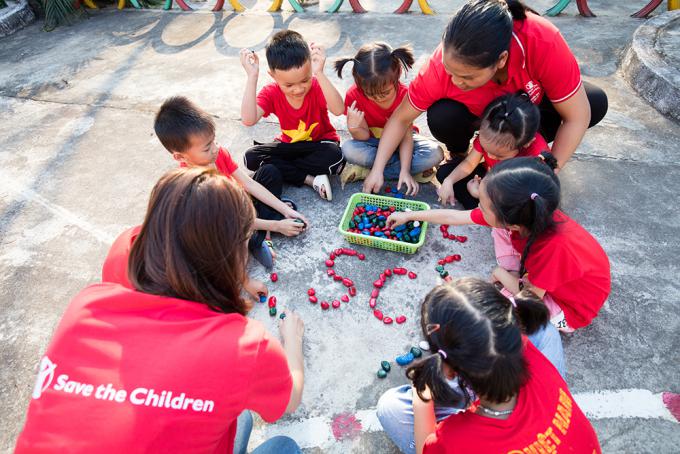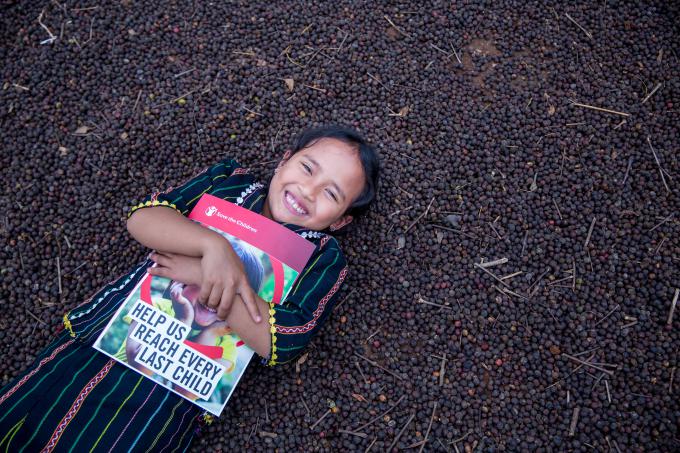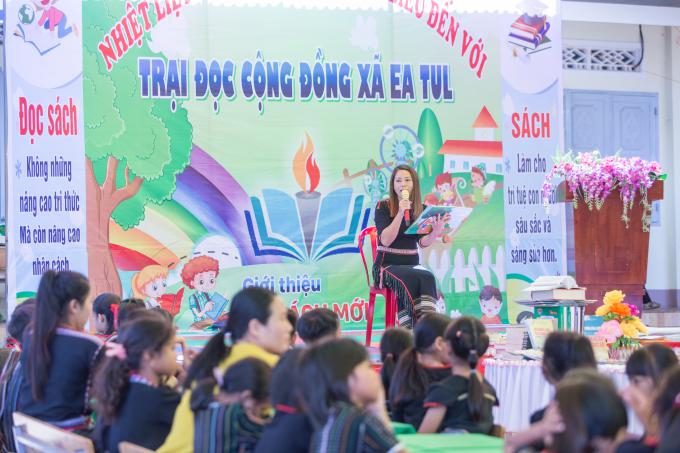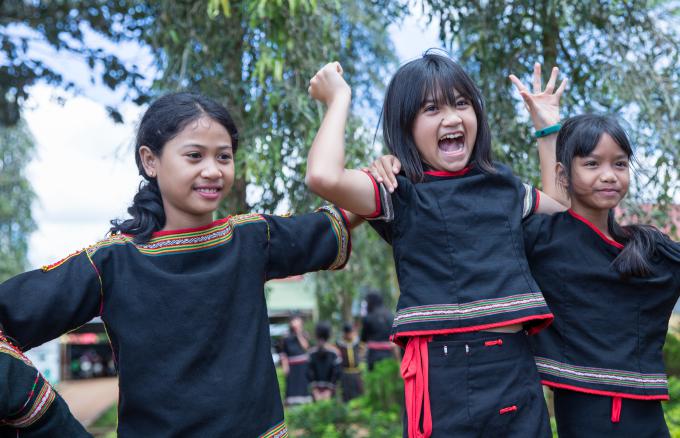Promoting Child Rights in Agricultural Supply Chains
Sustainability has become a topic of interest and been discussed openly by the corporate sector nowadays. This is not only because of the mandates from international partners or legislation environment, but also the companies themselves are recognizing the need to take responsibility of their businesses’ impacts on society and the environment, as well as long-term benefits of adopting more sustainable and socially responsible business practices.
Being a leading child rights international organization, Save the Children realizes the importance of partnering with the private sector to promote children’s rights as a vital part of corporate social responsibility. Children are our future leaders, decision-makers and workforce, but the clients and consumers today, thus putting children at the center of sustainable development goals and business strategy is a smart and inevitable action for companies to take. Furthermore, as one of the main stakeholders in any social, political, and economic ecosystem, businesses can play an essential role in promoting good practices on supporting children’s rights and spreading that approach to their supply chains.

Save the Children has always been in the front line to collaborate with businesses. In 2012, Save the Children together with UN Global Compact and UNICEF jointly developed the Child Rights in Business Principles, which is the first comprehensive set of principles to guide companies on the full range of actions they can take in the workplace, marketplace and community to respect and support children’s rights. We have partnered with businesses globally to conduct direct and indirect interventions tackling children's issues through meaningful program interventions.

In Vietnam, Save the Children has been focusing on collaborating with enterprises working on agriculture – the most labor-intensive sector in the country which is employing over 14 million people. We are currently implementing the project “Child rights in coffee sourcing sector” in partnerhip with Lavazza – an Italian company and local CSOs and government agency on the coffee sourcing in Daklak province. The project aims at protecting children in DakLak from child labour via raising awareness and increasing practices of children’s rights on protection and education.

We organize communication activities and capacity building trainings to relevant stakeholders, including local businesses, so that they understand clearly and be able to practice fundamental children’s rights, thus can create a safe work environment that considers healthy development of children in the region. Local children are also enabled to voice out and present their ideas through child-led groups, as well as have opportunities to enhance their education through reading camps initiatives. Besides, we promote the adoption of the simplified Child Rights Guidelines in the coffee sourcing and support businesses in conducting mitigation plan to address risk of hazardous works for young workers at farms and in factories.

After more than 3 years of implementation, the Lavazza project has proved its efficiency through remarkable achievements and planning for the 2nd phase. In the Phase 2, we plan to focus more on supporting young workers (aged 15-20) to transfer to decent work and exercise their rights, as well as engaging tier-2 coffee businesses in practicing child protection interventions in their supply areas. This approach will spread the project impacts to a wider range of beneficiaries (from small children to youth), while involving more links of the coffee supply chains in our work.

With our vision towards the future, Save the Children believes that partnerships with the private sector allow development organizations like us to do more for children by leveraging both sides’ expertise. It is the shared value partnership, resulting in positive impacts for children while helping businesses realize their social responsibility and reach their sustainable development goals. By working together, we can create a more responsible and sustainable ecosystem that benefits communities and the future generations.
 Vietnam
Vietnam